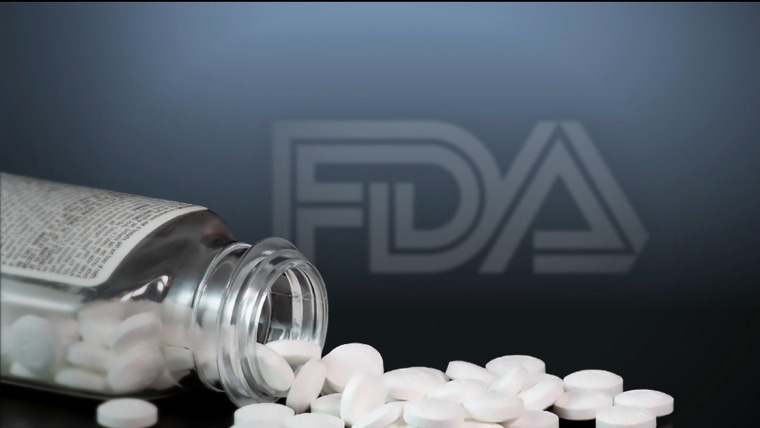Most adults shouldn’t take daily aspirin to prevent heart attack, panel says
Taking a daily low-dose aspirin has long been recommended for heart health, but an influential organization changed its guidance on Tuesday.
The U.S. Preventive Services Task Force, an independent panel of experts, released an updated draft recommendation that says most adults not take aspirin to prevent first heart attacks or strokes.
The previous guidance recommended daily low-dose aspirin for people over 50 who were at higher risk for heart attacks or strokes in the next decade and who weren’t at higher risk for bleeding.
The updated guidance recommends that adults in their 40s and 50s only take aspirin as a preventive measure if their doctors determine they are at higher risk for heart disease and that aspirin may lower the risk without significant risk of bleeding. (The previous guidance didn’t address anyone younger than 50.) People ages 60 or older are now advised not to start taking aspirin to prevent first heart attacks or strokes.
The draft recommendations don’t apply to people who have already had heart attacks or strokes; the task force still recommends that they take aspirin preventively.
“For anyone who is on aspirin because they’ve already had a heart attack or stroke, it’s a very important medication,” said Dr. Erin Michos, an associate director of preventive cardiology at the Johns Hopkins Ciccarone Center for the Prevention of Heart Disease, who isn’t part of the task force.
Heart disease is the leading cause of death in the U.S., and according to the most recent data available, 29 million adults in the U.S. take aspirin daily to prevent heart disease even though they don’t have histories of it.
Aspirin acts as an anticoagulant, meaning it helps to prevent blood clots from forming. A clot that cuts off blood flow to the heart leads to a heart attack; one that cuts off blood flow to the brain causes a stroke. The idea behind taking a daily low-dose aspirin was to lower the risk of such clots, lowering the risk of heart attack or stroke.
But the same mechanism that lets aspirin prevent blood clots from forming can also increase a person’s risk of bleeding, because it prevents blood from clotting at the site of a wound.
Newer studies that informed the latest task force recommendations found that for most healthy people, the risk of bleeding caused by aspirin outweighs the benefits of preventing blood clots. For the same reason, the American Heart Association and the American College of Cardiology jointly issued similar recommendations in 2019, stating that people ages 70 and older shouldn’t take daily aspirin to prevent heart attacks or strokes because the risk of gastrointestinal bleeding was high in relation to the benefit of aspirin.
“Aspirin only has a benefit if someone is at increased risk for heart disease. They shouldn’t be starting just because they have reached a certain age,” said a member of the 16-person task force, Dr. Chien-Wen Tseng, a professor of family medicine at the John H. Burns School of Medicine at the University of Hawaii.
According to the new recommendations, the benefit of daily low-dose aspirin is small for most people ages 40 to 59, while the risk of bleeding…
Read More: Most adults shouldn’t take daily aspirin to prevent heart attack, panel says

